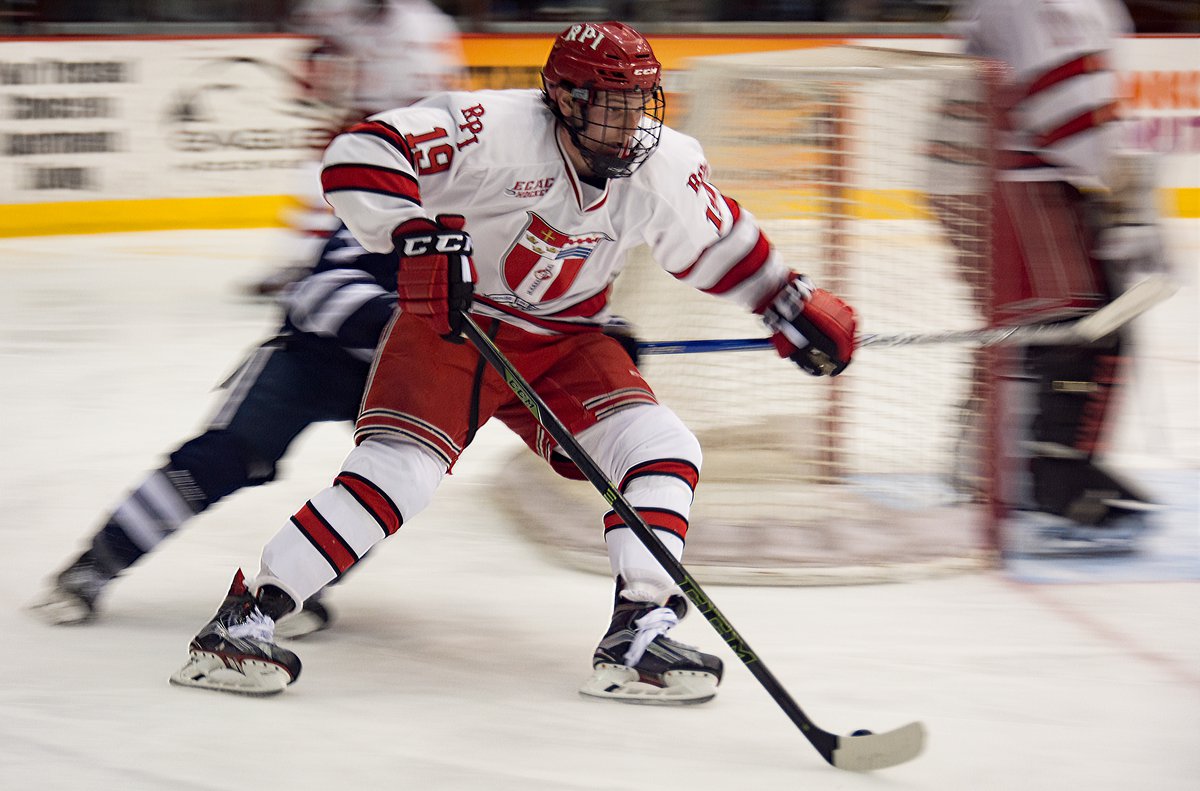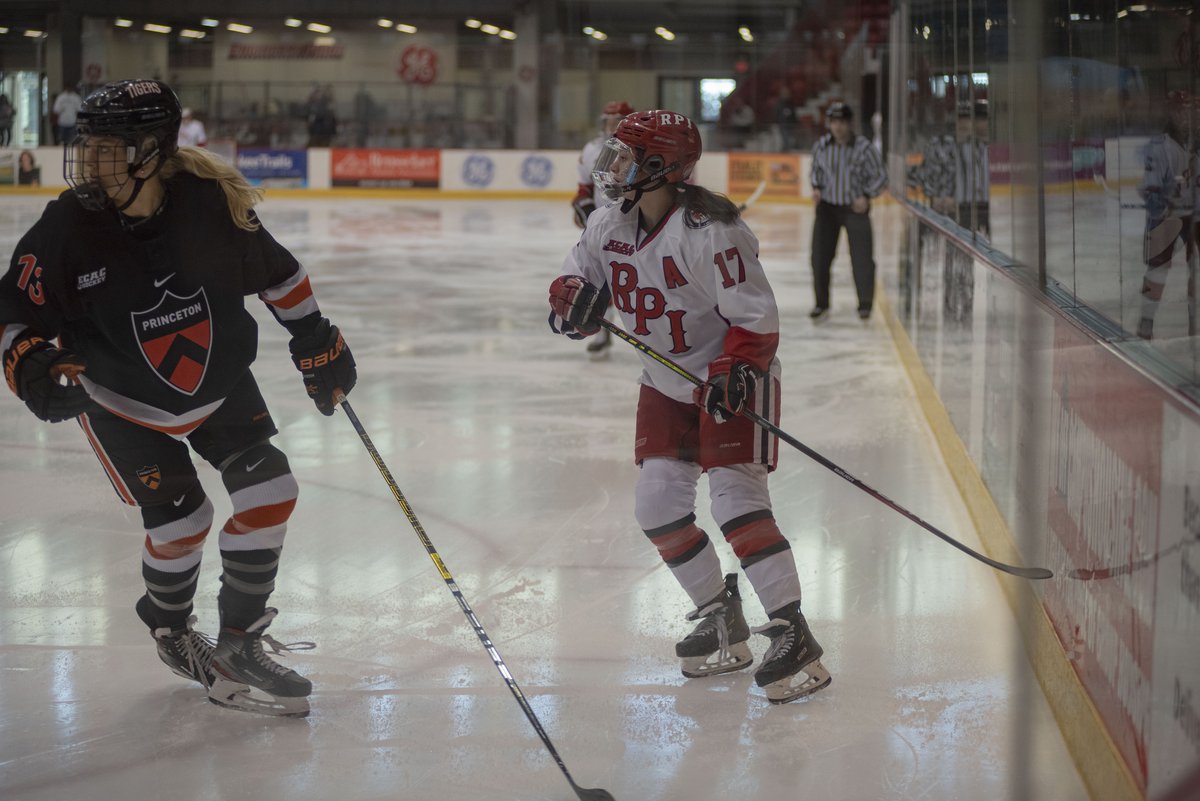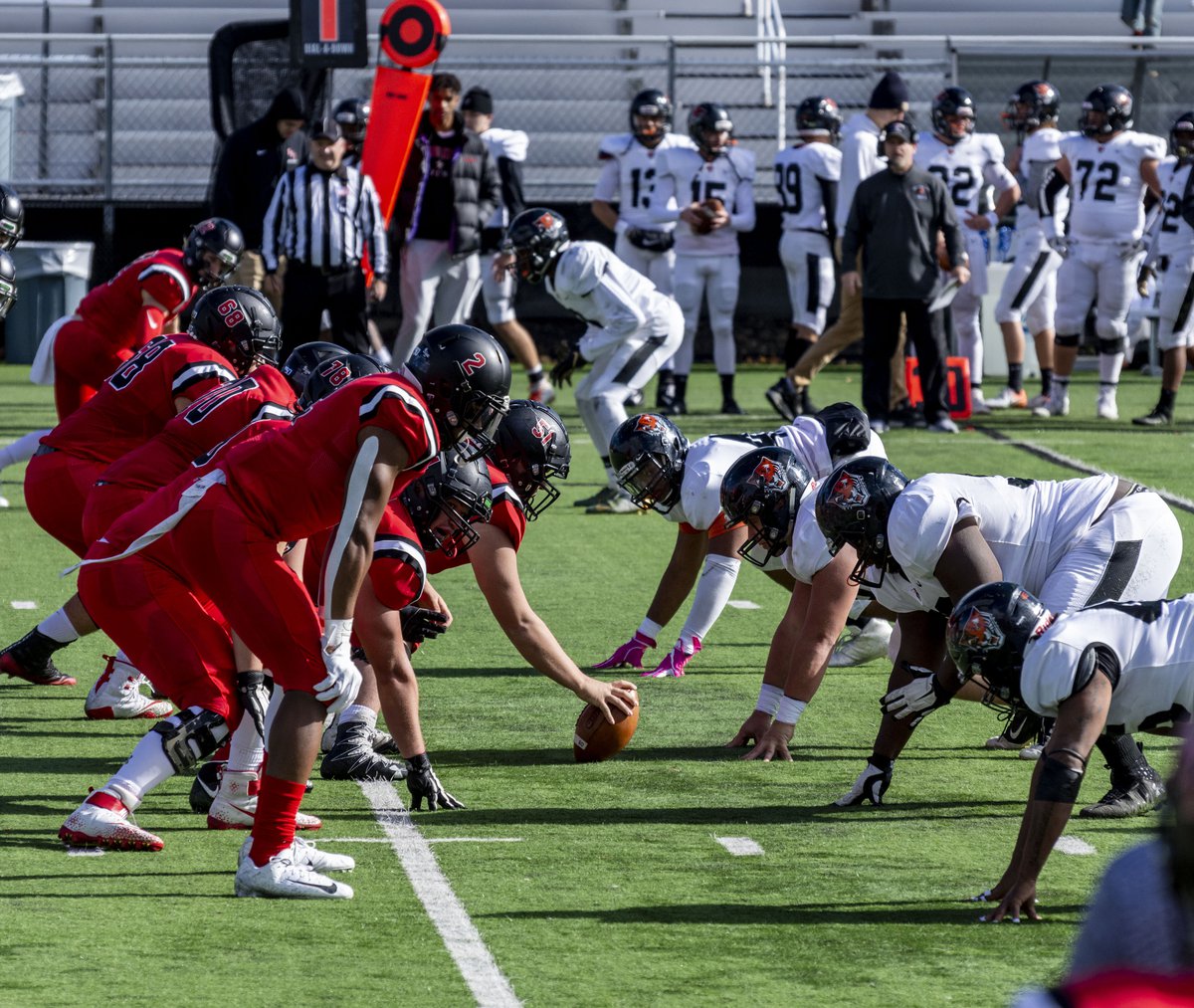A different perspective on playing pool
Almost fives times a week, my friends and I will visit the Union’s game room to play a few rounds of pool. For those unfamiliar with the Union’s game room, it’s a relatively quiet room–apart from the occasional uproar–in the Rathskeller with ping-pong, air hockey, and pool tables.
When none of us have anything to do, we will play as many as ten games. Other nights, when we are on a time crunch, we'll only play one game. Regardless of how many games we play, pool is one of those things we always find ourselves coming back to and recently I started to think about why.
Pool is a game with tons of replayability—even though it has a defined objective—and enjoyment, even if you lose more often than you win. I’ve found the value in pool to be the unpredictability the game offers and how different it can make each round. This became evident to me the last time I played my friend Christian. Although he has only lost three games to me out of the dozen we have played, I still enjoy playing with him. I’m decent at pool but Christian is better and more consistent. While it can be frustrating to rarely win, it also adds to the enjoyment.
When I play him I feel free to take risky shots and go for non-traditional moves that, if they work out, are extremely rewarding. For example, when you have a straight shot to a hole, you want to hit the ball lightly and provide enough power to get the ball to the hole without losing control. At times, I have experimented with this scenario by hitting the ball as hard as possible, which deviates from how most would play since it leaves the cue ball in a completely different position from where it would have been had I used less power. Understanding the physics of the movements of the cue ball may be the most important aspect of pool, and experimenting with that principle is one of the main ways I’ve learned to become better.
While the aim of the game is to win, I play to learn because in the back of my head I know I’m likely to lose. Playing this way has allowed me to make substantial strides toward becoming a better player, but it also has a much larger takeaway for life.
I’ve learned that, in my current state, I can’t compete with Christian, but I’m getting there. As we continue to play, every game gets closer and recently games have been much more highly contested than when we began. I’ve realized that I shouldn’t compare myself with someone who is clearly better than me, but rather focus on my rate of improvement and what I can take away from each game.

 hockey
hockey
 Women's Hockey
Women's Hockey
 football
football